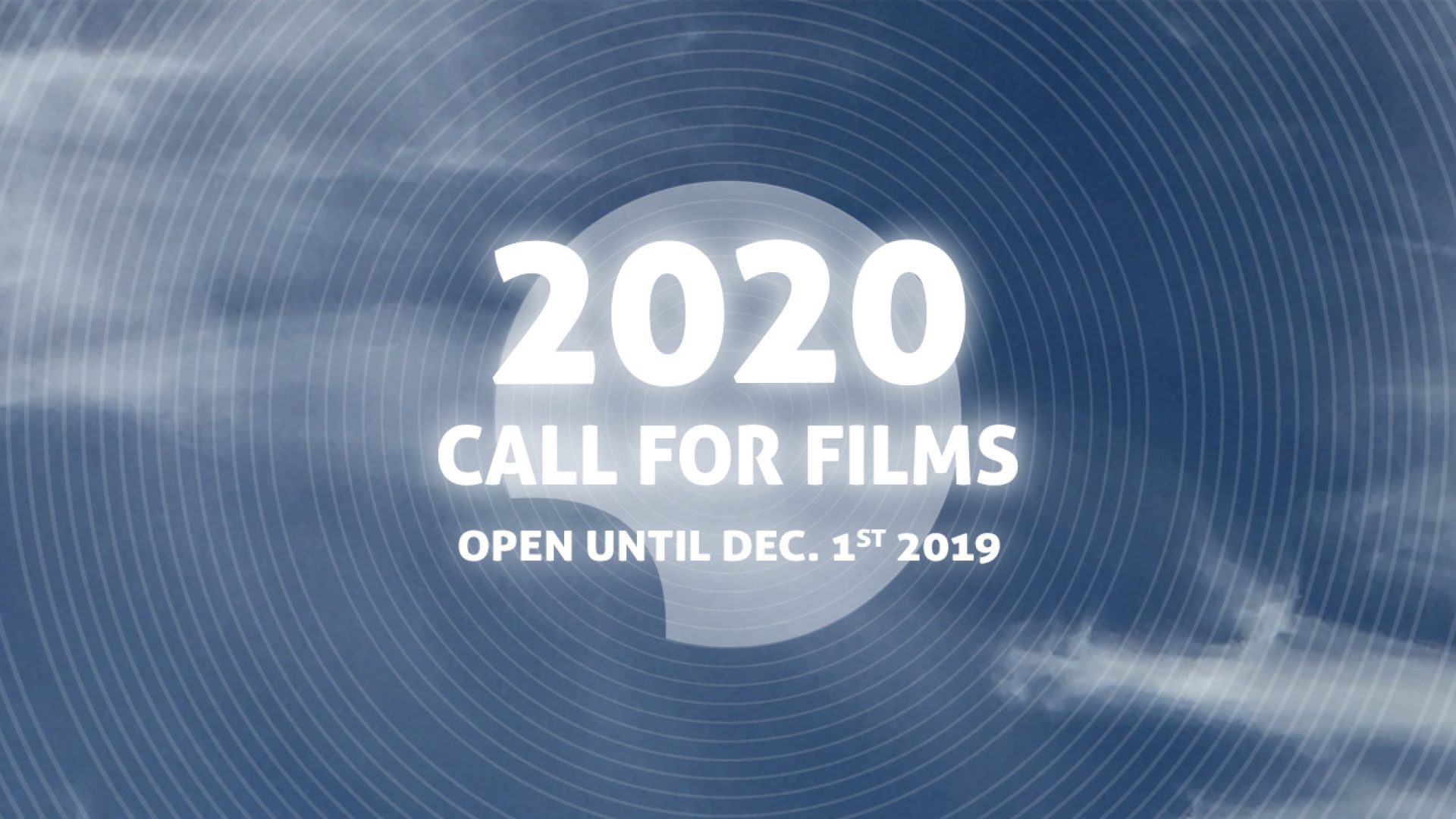SIDE ROGRAMME 2017
KEYNOTE | Dr. Michaela Schäuble | University of Bern
RADICALISING REALISM IN DOCUMENTARY FILM
Times as these, when there is much talk about “fake news”, “alternative facts” and “post-truth” entail an increased demand for evidence, factuality and realism in public consciousness. And indeed, documentary film is currently thriving and increasingly appears to be the genre of choice for those committed to ‘truth’, as documentary is still believed to possess a more direct connection to ‘the real’. Thorough research, verification, and documentation are skills in high demand and a number of recent documentary films aim at disclosing confidential information, raising (political) awareness or giving voice to unheard, marginalised groups. In the introduction to an edited volume on Collecting Visible Evidence, Jane M. Gaines proclaimed in 1999: “The Real Returns” (Gaines 1999: 1-18). But how many times can ‘the real’ return in film history? And where has it been it in the meantime?
In my keynote address I propose to critically examine cinematic realism and discuss documentary film as a democratic art form.In doing so, I do not refer to objectifying documentaries as tools informed by scientific rationality or empirical facts – documentary film is never just a factual record or a representation of events, but potentially instrumental for political commitment, participation, and radical socio-political transformation. Rather, challenging realist aesthetics and engaging with the seemingly contradictory observation that the greatest realist films employ emotions and narrative ambiguity, I draw on André Bazin’s famous claim that “some measure of realism must always be sacrificed in the effort of achieving it” (Bazin 1967: 30). After decades of radical constructivism the most radical objective of documentary film is to tackle the realities beyond the reach of constructivism.
MASTERCLASS | Barak Heymann | Filmmaker | Israel
CINEMA AS A POLITICAL AND SOCIAL TOOL
It’s Tomer’s and Barak’s specialty to make political films which, at the same time, tell deeply personal stories in unpretentious ways. International awards acknowledge the Heymann brother’s approach to understand cinema as a social and political tool. They work without scripts and stress the necessity to create close relationships and trust amongst the protagonists in order to create convincing human narratives – whether they are about illegal workers, Jewish-Arab coexistence or the troubled years of youth. Who’s gonna love me nowis their festival contribution this year – in this masterclass they provide meaningful insights into their work.
PANEL DISCUSSION
BEYOND IMAGES: ENCOUNTERS WITH RADICAL CINEMA IN THE 21ST CENTURY
Since the 1960s, radical and political cinema implies propaganda movies as well as political films yet critical to the system or stirring comments of the resistance against social injustice, totalitarian regimes and sexually, religiously or racist motivated suppression. But what does radical cinema mean at a time where the technological revolution enabled the broad masses of the population to produce audio-visual self-portrayals and to present those in real time on several platforms globally? What kind of radical political and aesthetic forms do we perceive? What is the relevance of radical cinema in times, where atrocities and attacks are made accessible vividly to the public? And what dialogue is it offering to its audience?
Our guests will deal with these and many more questions, we want to discuss with our audience, which possibilities and responsibilities the camera offers while making extreme positions, hopes and thoughts visually accessible. Focussing on history and our current political climate we want to debate what contemporary documentary filmmaking can – and should – contribute socially and politically.
Participants:
Martha-Cecilia Dietrich (Anthropologist and Filmmaker)
Jakob Gross (Filmmaker Abdo)
Nenad Puhovski (Filmmaker Generation ’68)
Tom Waibel (KINOKI)
AWARD CEREMONY
The winners of the five award categories IDA, EVA, ADA, ISA and ESSA, will be announced within a festive setting.

